Publications
Articles, publications, books, tools and multimedia features from the U.S. Institute of Peace provide the latest news, analysis, research findings, practitioner guides and reports, all related to the conflict zones and issues that are at the center of the Institute’s work to prevent and reduce violent conflict.
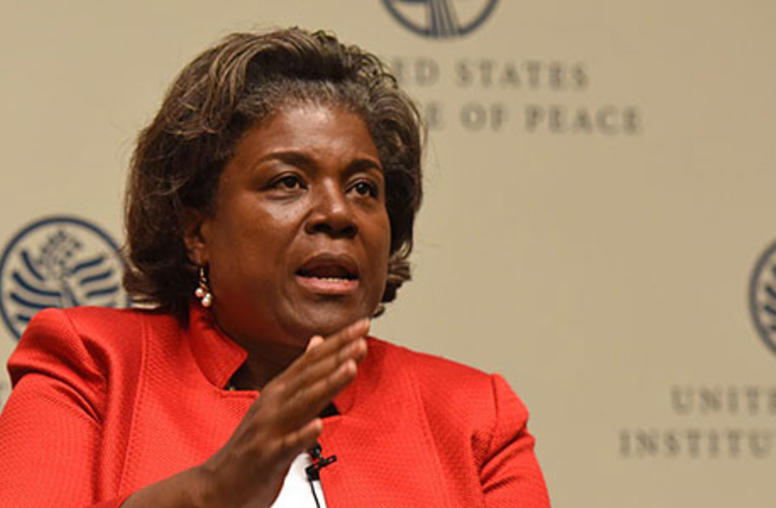
In Nigeria, U.S. Seeks a Way Home for Boko Haram Defectors
The senior U.S. diplomat on Africa urged Nigeria to look beyond military measures in its fight against Boko Haram, and to consider how it treats both the extremist group’s victims and its fighters who may be ready to defect.
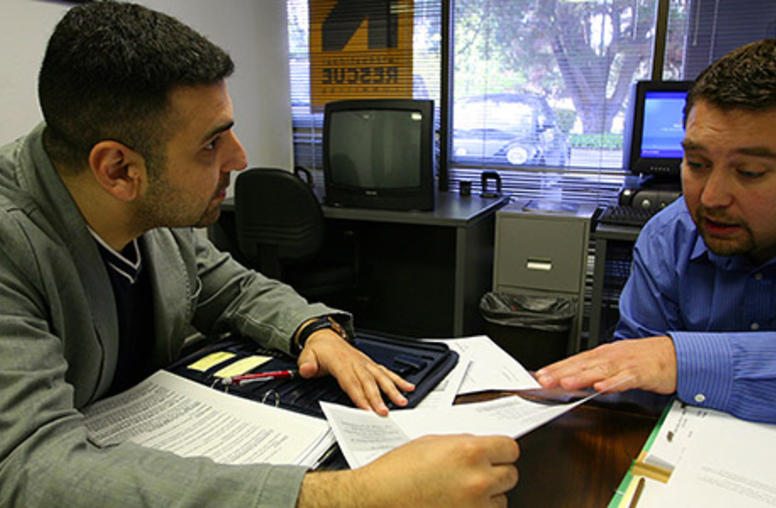
Panel Urges New View of Middle East Refugees
The refugee crisis that has spread to Europe and the breakdown of the Middle East’s century-old political order demand new thinking about the economic role of displaced people and a reassessment of donor strategies to rebuild societies in conflict, a working group convened by the U.S. Institute of Peace concluded. The panel’s report, developed under USIP’s Manal Omar and Elie Abouaoun as part of Atlantic Council’s Middle East Strategy Task Force, calls for refugees to be viewed as potential e...
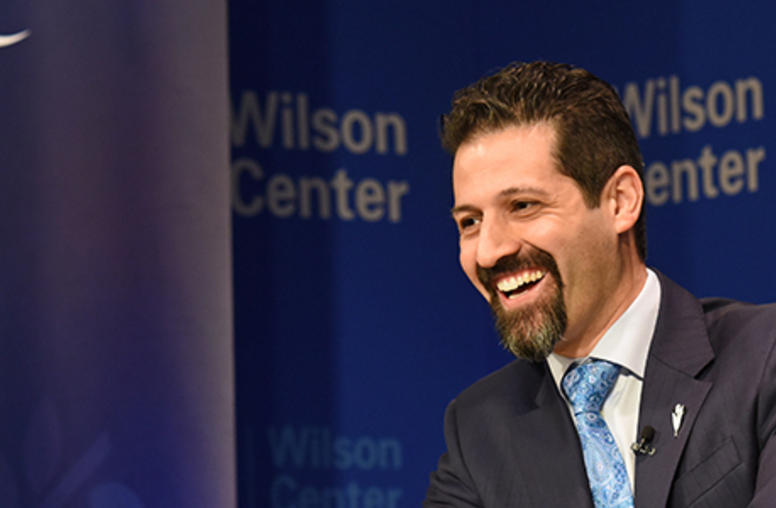
Iraq Operation to Recapture Mosul Needs Plan for Aftermath
The planning taking place to recapture Iraq’s second-largest city, Mosul, from the “Islamic State,” or ISIS, extremist group should involve not only meticulous military preparations but also careful thought to ensuring a peaceful aftermath is sustainable over the long term, said Qubad Talabani, the deputy prime minister of the country’s Kurdish region, which has helped lead the drive to end the extremist organization’s hold on vast swaths of territory. But the Kurdistan Regional Government (K...
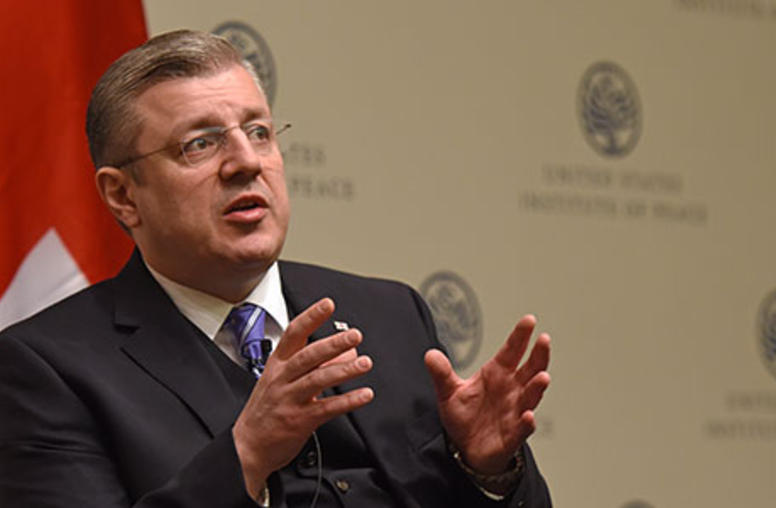
Georgian Prime Minister: Reforms Will Continue
Georgian Prime Minister Giorgi Kvirikashvili said his government is stepping up economic and political reforms to draw greater foreign investment and to strengthen political stability in the face of the country’s confrontation with Russia. Speaking at the U.S. Institute of Peace in his first visit to Washington as prime minister, Kvirikashvili said Georgia will continue its “pragmatic approach” to opposing Russia’s support for separatist movements in two regions of Georgia “in order not to pr...
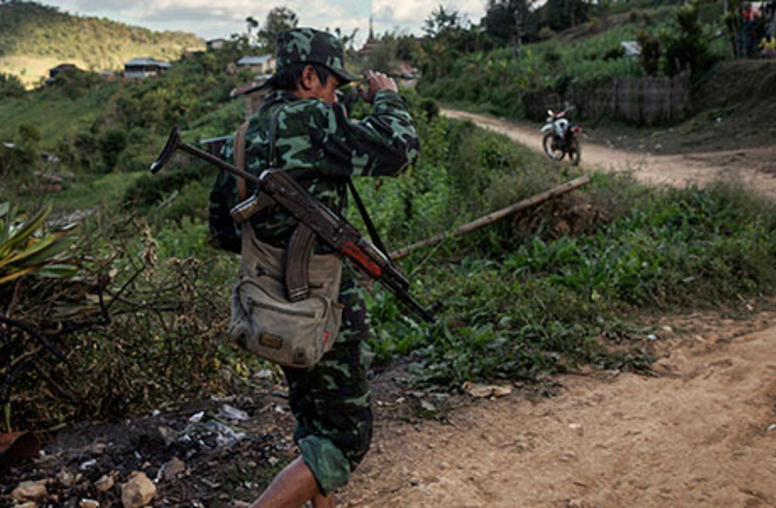
U.S. Eyes Military Ties With Myanmar, Official Says
The U.S. is formulating its next steps in Myanmar, including gradual re-engagement with the country's military, with the aim of broadening cooperation after several years of a multi-agency push to support a sensitive transition toward democracy. Current and former U.S. officials examined recent efforts and outlined plans going forward during a panel discussion at the U.S. Institute of Peace this week.
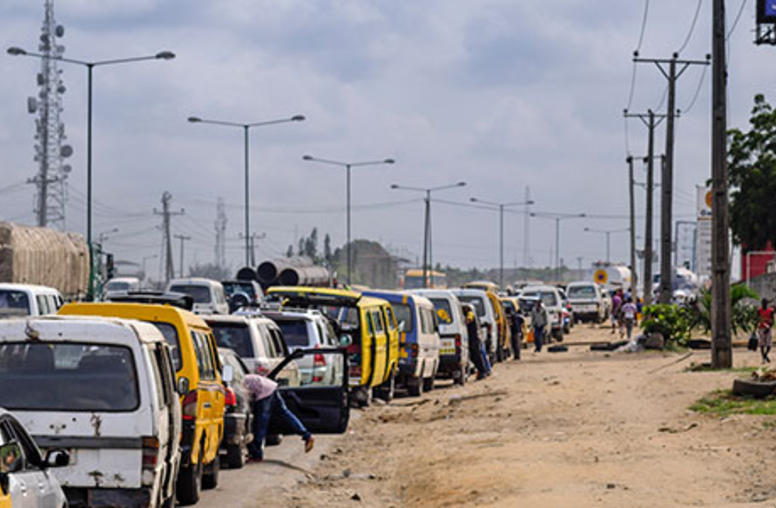
Q&A: In Nigeria, War and Peace Go Beyond Boko Haram
In the shadow of global headlines about ISIS and the Middle East, Nigeria’s government has pushed another of the world’s deadliest conflicts into a new phase. For months, Nigerian troops have been recapturing territory from the Boko Haram militant group, with support from the United States, which has sent special operations forces as advisors to help. But Nigeria’s crises, and any solutions, run wider and deeper than Boko Haram, according to U.S. Institute of Peace Program Officer Oge Onubogu...
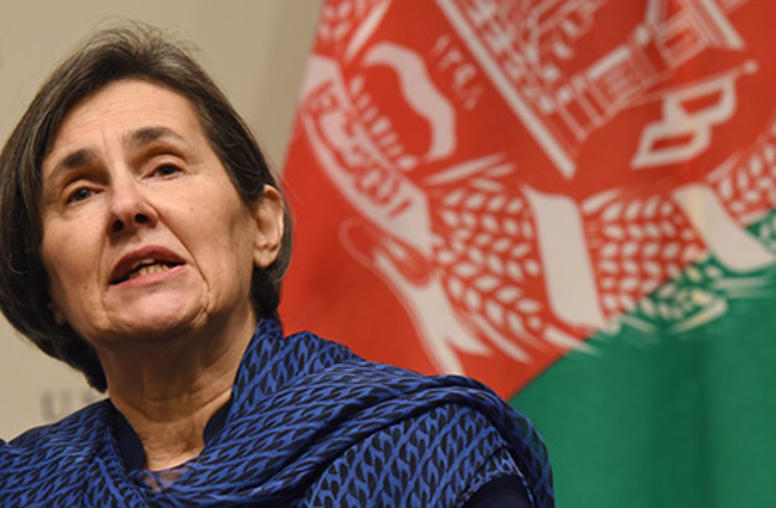
Afghan First Lady: Justice Reform is Hopeful 'Snapshot'
Afghanistan’s first lady, Rula Ghani, countering what she called the “prophets of doom and gloom,” said extensive reforms to her country’s legal system over the past 18 months are beginning to deliver results and illustrate potential progress. Speaking at the U.S. Institute of Peace, Ghani said the unity government headed since January 2015 by her husband, President Ashraf Ghani, and Chief Executive Abdullah Abdullah understand the need to provide fair and effective justice to Afghanistan’s p...
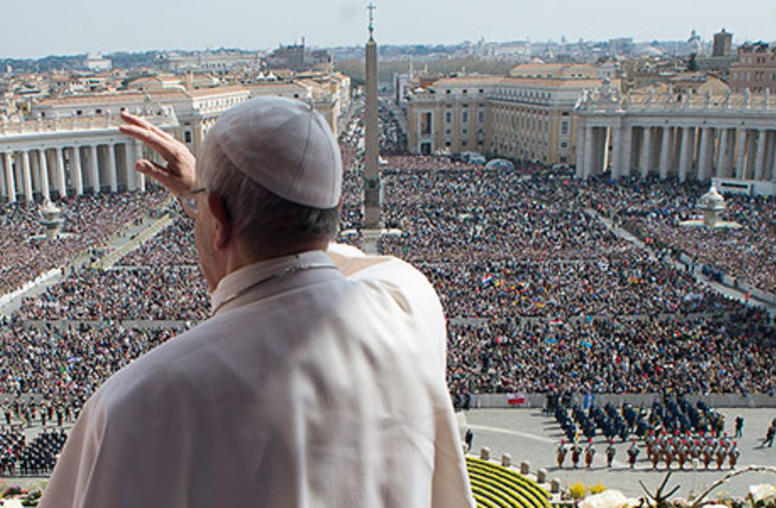
What Happens When You Replace a Just War With a Just Peace
Can the Catholic Church put an end to centuries of sanctioning war, and start promoting peace instead
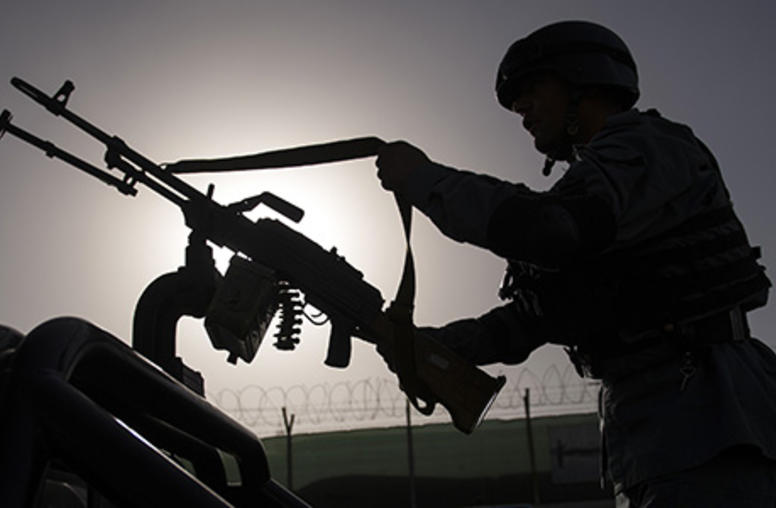
Q&A: Drone Strike's Impact on Afghanistan, Pakistan
The death of Afghan Taliban leader Mullah Mohammed Akhtar Mansour, who reportedly was killed in a U.S. drone strike in Pakistan on May 21, raises a host of questions about the Taliban’s future, U.S. strategy in Afghanistan and American relations with Pakistan. The strike, which Pakistani officials have protested, was the first publicly-disclosed military action by the U.S. inside Pakistan’s southwestern Baluchistan province, and the first to directly target senior Taliban leaders sheltering o...
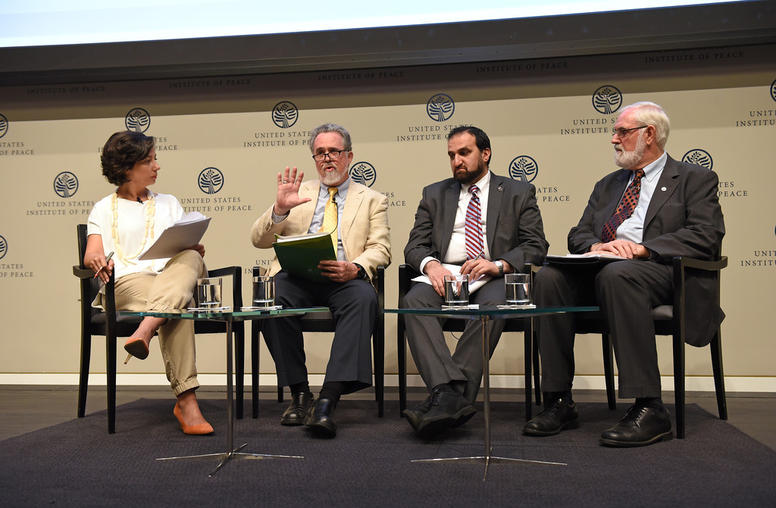
Humanitarian Aid: ‘Radical Change’ After Istanbul?
The two-day World Humanitarian Summit held recently in Istanbul drew criticism for the absence of top global leaders, but it actually broke ground in several ways, experts said in a discussion hosted by the U.S. Institute of Peace and Oxfam America. The summit spotlighted the need for “radical change” in a relief system built for the era after World War II rather than today’s small wars, insurgencies and fragmenting states that have unleashed the second-biggest flood of displaced people in hi...